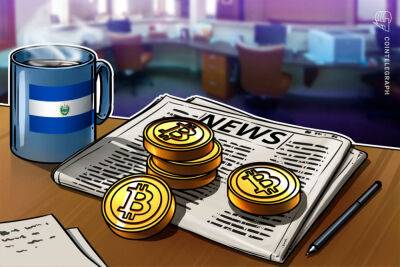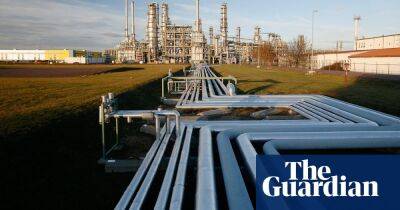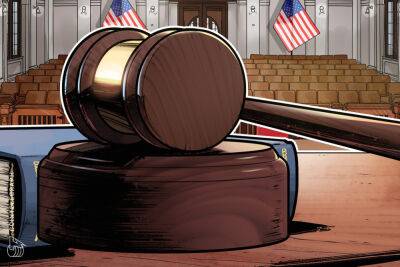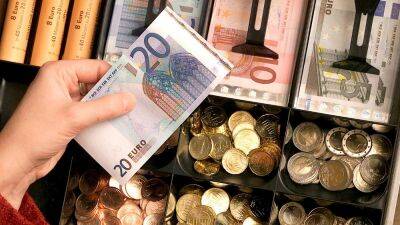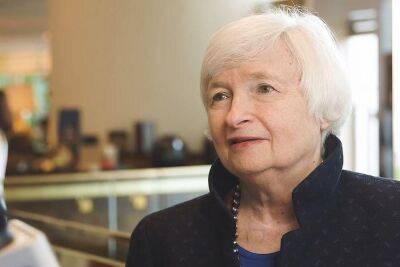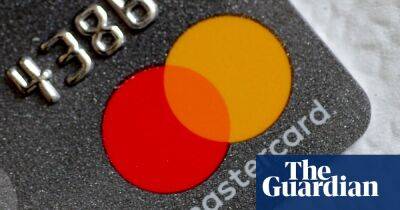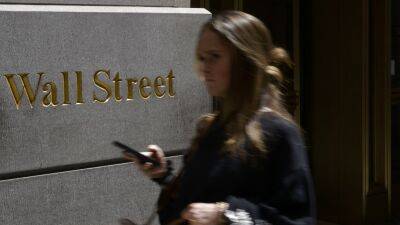UK credit card debt is ballooning for all the wrong reasons
When credit card balances begin to rocket, analysts are usually convinced the trend indicates consumers are growing in confidence and the economy is bowling along in rude health. In more normal times, consumers feel less concerned about the possibility of paying a super-expensive rate of interest if it means they can buy what they want straight away.
These are not normal times. Britain’s economic recovery has ground to a standstill and a cost of living crisis means most things we buy are becoming less affordable by the day. So it was not surprising that City economists agreed that April’s £1.4bn rise in credit card balanceswas most probably an act of desperation by middle- and low-income households.
Those with money are also saving it rather than spending, according to figures covering March from the Bank of England. The total amount of liquid assets held by households in banks, building societies and National Savings & Investment accounts rose by £6.3bn to sit well above the 2017-19 average of £4.9bn. Meanwhile, there was a further drop in mortgage approvals for house purchases in April to below the 2015-2019 average of 66,500. In April, there were 66,000 transactions, down from the 70,000 seen in March.
Taken together, it is clear households lack confidence. They are borrowing to live and, where they can, saving more because they don’t have faith that the current inflationary squeeze will end any time soon. As if that wasn’t bad enough, they are not buying houses in the usual numbers, often citing the risk of a recession that could push prices down.
There is a misguided hope inside No 10 that the negative trends can be reversed by Rishi Sunak’s £15bn bailout announced last week. Normality, or something like it, would
Read more on theguardian.com




